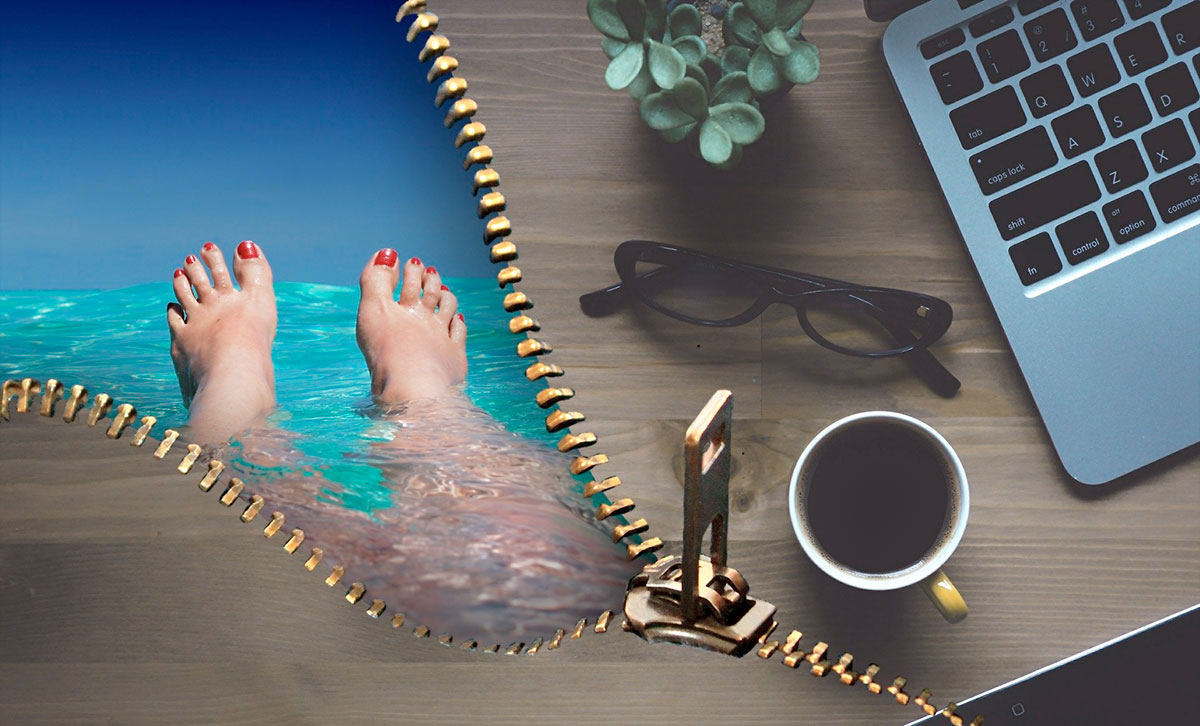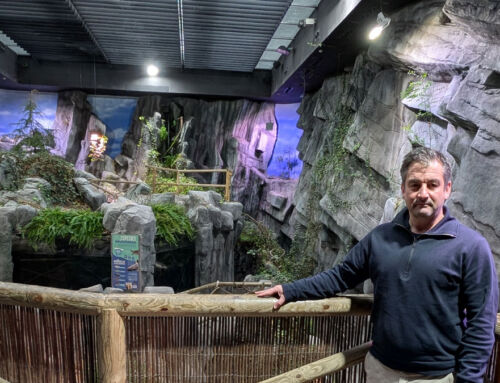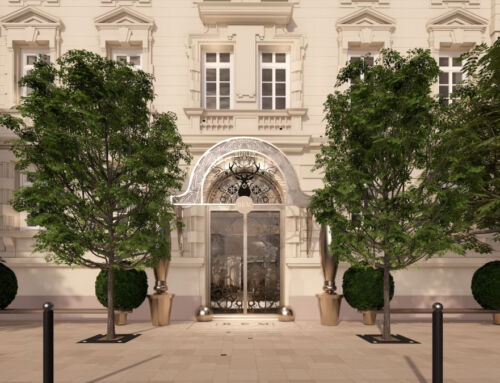Adopted in Paris in 1948 by the UN General Assembly, the Universal Declaration of Human Rights states in Article 24: “Everyone has the right to rest, to enjoy free time, to a reasonable limitation on the duration of work and periodic paid vacations”. These are clearly connected concepts, so some are the consequence of others. Without a limited duration of work and without vacations, rest would not be possible, much less the enjoyment of free time.
However, the concept of free time and leisure are not equivalent. Whilst the first is the time left after fulfilling our obligations, whether they are work-related, social or vital ones, leisure is defined as a way of dealing with free time. We can have free time and do nothing or, on the contrary, undertake activities to enjoy it, such as spending a day in a water park, visiting a theme or adventure park, learning in an animal park… Precisely, our job is to propose fun, entertaining, constructive ways of enjoying free time, which takes a qualitative step up and becomes leisure.
As defined in the Dictionary of the Spanish Royal Academy, “Leisure” is “fun or quiet occupation, especially in works of ingenuity, because these are regularly taken for rest from other tasks.” Indeed, incessant technical and technological advances, the inclination of the balance of production towards the services sector, as well as the general recognition of human rights in industrialized societies, favour the reduction of working hours. As a consequence, leisure becomes increasingly important in the lives of its citizens.

This growing importance is quantitative, since it implies more time dedicated to leisure, but it’s also qualitative. Several modern studies show that people who work more than 55 hours per week are about 13% more likely to have a heart attack and 33% more risk of stroke than those who work 35 to 40 hours per week. In other words, free time in general is decisive for society’s good health and well-being. However, in particular, and according to experts, doctors, psychologists and neurologists, leisure has added benefits: it favours personal and social growth; it helps economic development, since it creates employment, goods and services; increases productivity at work; combats dissatisfaction, stress and boredom; and encourages creativity, in addition to reducing alienation.
As we say, that is what our work, and that of everyone with whom we collaborate in the leisure industry, consists of; offering good reasons for the use of free time. We are pleased and excited to be part of it and verify that our work contributes to society’s development and well-being.







